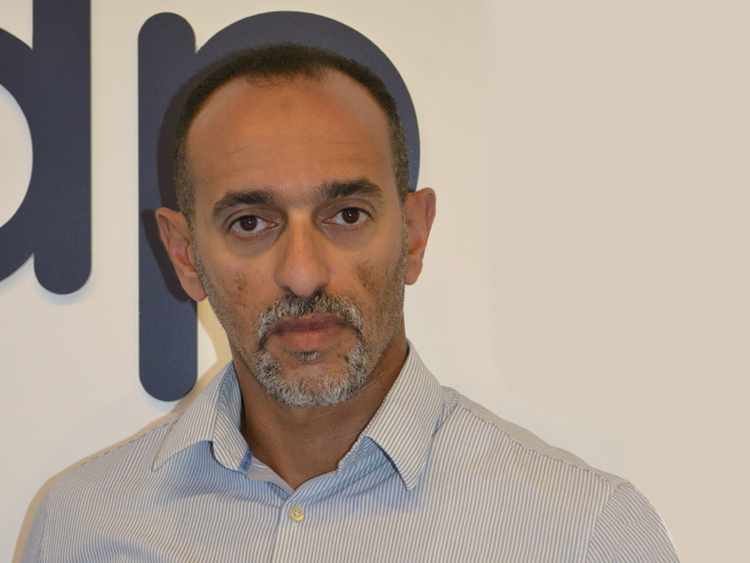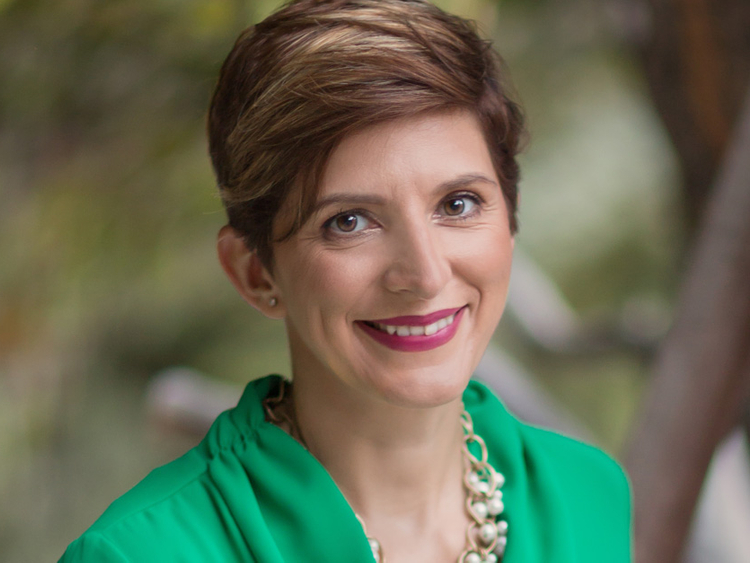
With learning opportunities from across the world available within the UAE, it has become easier for parents to pick an internationally accredited study programme for their children. However, the exposure and excitement of leaving the nest and studying abroad is in a league of its own. Making that decision is often based on the big picture, but here are a few finer details to consider when choosing to study abroad.
Be specific
When a student looks to go abroad, he must be specific about where he wants to pursue the course, says Ahmad Al Sayed, Head of Marketing at IDP Education, Dubai. “It is not just the country. Be specific about the city as well. Also consider the lifestyle and surrounding you want to experience during your stay. Decide whether you want to stay in a fast-paced cosmopolitan city or a quieter small town where life is more relaxed.”
Be informed
A student must consider the reputation of the university he chooses to attend, along with the research impact and employment opportunities of the study programme. “Sometimes a university with an overall high ranking might not be the best option for a specific programme,” says Al Sayed. “So it’s worthwhile to do a thorough research, perhaps with advice from a higher education counsellor to learn about the best options for a certain programme.”
A student must also include his future plans for post-graduation and international working experience in this decision. “Some countries such as Australia, Canada and New Zealand offer post-study work rights, which allow a student to get a job after completing their studies and possibly applying for permanent residence after sometime.”
New experiences
Being a student abroad is not just about studying, it’s also about living in a new country, enriching your life by learning about the local culture. Fiona Campbell, an NLP life coach trainer at Tree Yellow, suggests that a student can use this time away from home wisely as a way to understand the culture you are living in, try new things and explore the new environment.
“Walk around and get to know the area you are staying in, don’t use a mobile when walking about, dress in a similar way to people who live there. “Get to know a bit about the history of the place where they are staying. Learn a few words of the local language.”
Extras count
Some students are very clear on their extracurricular requirements within and outside of their study time. It is important to weigh the available choices and take into account whether these would be paid or unpaid activities as it can measurably influence the finances.
When American-Lebanese athlete Christopher R. Helou Decos, 21, set out to study sports conditioning, rehabilitation and massage at the Cardiff Metropolitan University in the UK, he looked at all the facilities available at the campus.
“I had to have a fully equipped gym with facilities that would support my passion for gymnastics. I am enjoying the place and adapting to its weather patterns — the cold is a rather small price to pay when this is the only place that offers this unique programme.”
Budget matters
When a child studies abroad parents must be aware of the additional costs that can come up during a term. The overall budget is often far more than just the course fees and accommodation rent.
Stefania Picheca, a life and career coach at Your Turn Life & Career Coaching, and a mum of three children, says, “It is wise to consider ticket fares to and from home to university, time difference between where the child is and the parent is based, and also set aside some amount for emergencies. It is a good idea for the student to have a sense of responsibility towards not just their academics but also expenses. Being money wise is a skill that students can carry onwards in life.”















